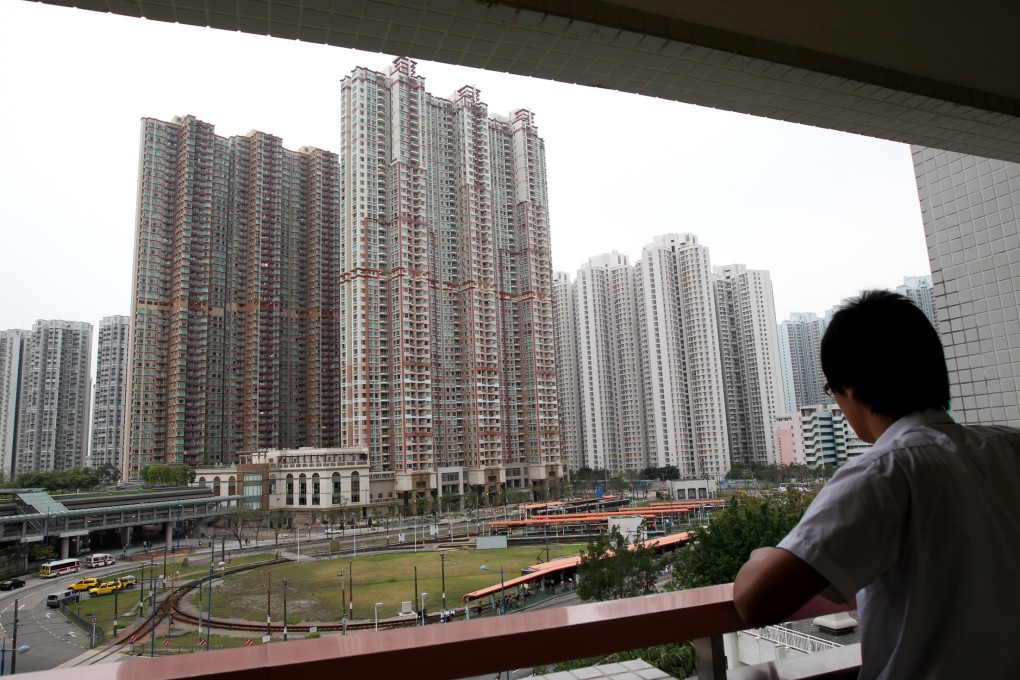Developers may name land premium in bids for new MTR site
Government omits specifying amount under pressure to ramp up supply of new flats

The unusual absence of a specific land premium payable in the latest tender document for a large residential site owned by MTR Corp in Tin Shui Wai signals the government’s desperation to achieve its housing target for this fiscal year.
In a departure from past practice, developers taking part in the retendering for the site, which will provide 1,500 flats near the Tin Wing Light Rail stop, will name the land premium they are prepared to pay.
The move reflects the apparent willingness of Chief Executive Leung Chun-ying’s administration to sacrifice some land revenue to boost developers’ interest, market observers said.
“The government is now running out of time,” said one of the 19 developers that submitted expressions of interest in the Tin Shui Wai site last week.
“With just three months left in this fiscal year, it can ill afford to allow any railway project tender to be withdrawn again if the chief executive is keen to achieve the annual housing target.”
Whether it was the first in a series of sweet deals from the government to entice bidding interest in railway projects still remained to be seen, he said.